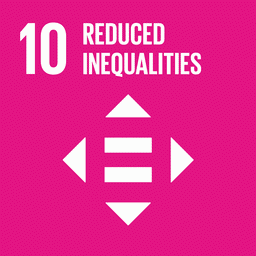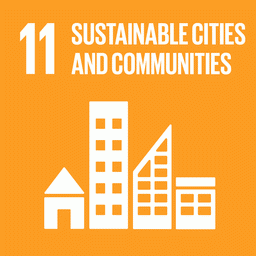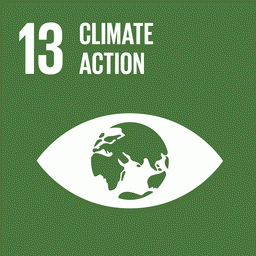By Elias Serejo*
Family farmers affiliated to Fetagri do Pará (Federation of Rural Workers and Family Farmers of the State of Pará) took part in a debate on March 20 in Belém on the Jurisdictional REDD+ System. The event, part of the organization’s Extraordinary Congress and Councillors’ Meeting, was supported by IPAM (Amazon Environmental Research Institute) and is part of the strategy for advocacy and discussion on climate change and the development of state policy to reduce emissions from deforestation and forest degradation in Pará.
Gustavo Furini, a researcher at IPAM, joined Mauro Castro from SEMAS-PA (Pará’s Secretariat for the Environment and Sustainability) and Roberta Cantinho, from TNC (The Nature Conservancy), to explore the potential and relevance of REDD+ for the state of Pará. The panel discussion, mediated by Cassio Pereira, head of SEAF-PA (Pará’s State Secretariat for Family Farming), highlighted the importance of involving rural workers in the design and implementation of the system, emphasizing the need for active participation in the construction of this environmental policy.
“It is essential that family farmers know about and participate in the building process of REDD+ policies. Being here talking to members of Fetagri, an organization that participates in the state’s climate governance spaces, had a significant impact on the construction of the mechanism,” Gustavo explained.
Roberta Cantinho presented the concepts and origins of REDD+, detailing the stages for its implementation: the development of a national strategy, the execution of national policies and measures and the full implementation of the compensation mechanism. “This approach seeks not only to reduce deforestation, but also to promote sustainable practices capable of generating long-term economic and environmental benefits for producers,” she said.
According to Mauro Castro, the jurisdictional system seeks to meet international standards with the potential to reduce degradation and deforestation by approximately 250 million tons of carbon, according to data from 2022. “It’s essential that Fetagri co-constructs this agenda with us. That’s why Semas has sought out spaces like this to present and invite workers,” he said.
Family farming
The latest data from the IBGE Agricultural Census, released in 2017, shows that family farming in Brazil comprises 77% of agricultural establishments and employs 67% of all workers in the sector – highlighting the need to integrate them into discussions and decisions on environmental policies.
The debate on the Jurisdictional REDD+ System in Belém was not limited to implementation strategies; it also shed light on the serious impacts of deforestation on society and the environment. The discussion reiterated the importance of conserving native vegetation not only to reduce emissions, but also as a critical measure to protect biodiversity and sustain traditional livelihoods.
REDD+ (Reducing Emissions from Deforestation and Forest Degradation), an initiative created under the United Nations Framework Convention on Climate Change (UNFCCC), has emerged as a strategic response to encourage developing countries to conserve and recover their forests. Through forest conservation and recovery, REDD+ offers a doubly beneficial route: mitigating and adapting to climate change and, at the same time, providing benefits for biodiversity conservation.
The concept of jurisdictional REDD+ refers to the application of REDD+ in a given geographical area under the authority of a specific government. In this context, the government responsible for the jurisdiction has the authority and competence to implement the components necessary to establish the jurisdictional system.
*IPAM Communications Analyst


